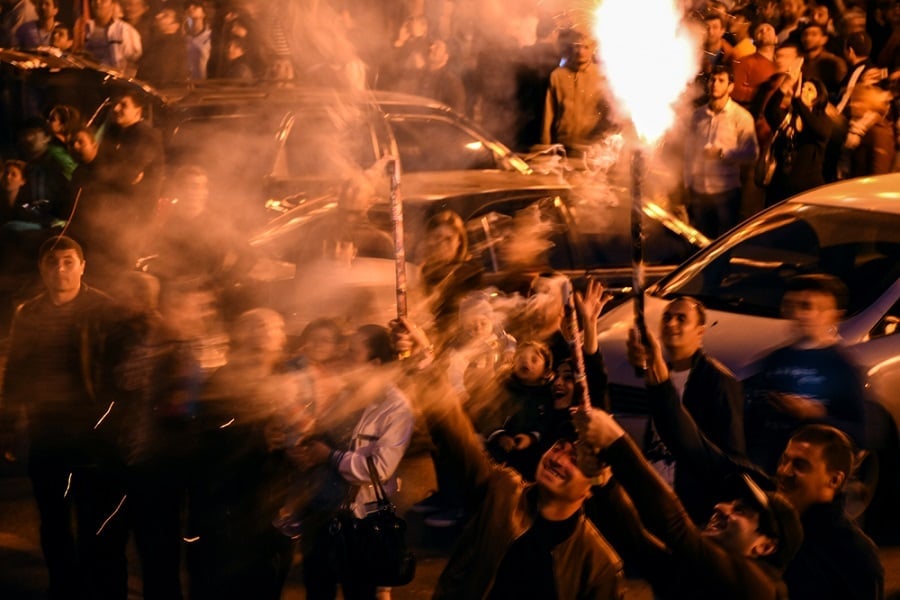Every revolution, in the end, is built on hatred. Hatred accumulates among people, usually driven by both objective and subjective factors: genuine grievances merge with negative emotions deliberately fueled through special “technologies.” (Robespierre or Lenin may not have known the word technology, but that does not mean they did not use the technology of inciting hatred.)
It often happens that, after a revolution, its supporters remain captive to their own choice. The same occurs in everyday life: you buy a useless product, bring it home, and then try to convince yourself and everyone around you that it was absolutely necessary. You’re simply too embarrassed to admit your mistake. Likewise, after a revolution, people become prisoners of their own hatred.
Love, too, can arise as a by-product of hatred. People may love political leaders who have “freed” them from those they once despised. Those new leaders may be just as bad as the old ones—or even worse—but because the previous hatred was so powerful, the “beloved” ones are forgiven their “little sins.”
However, when I speak of love, I do not mean that kind of “mass” love. I mean what might be called individual, human love—love between people, not its collective version (which, as we’ve just seen, is often just hatred in disguise). This kind of love disregards external circumstances—whether social, economic, or political.
Or, as the Apostle Paul so beautifully put it: “Love does not envy, it does not boast, it is not proud. It does not dishonor others, it is not self-seeking, it is not easily angered, it keeps no record of wrongs.” (1 Corinthians 13:4–5) Such love cannot be collective.
Read also
What our society lacks today is precisely this kind of human love. My generation witnessed it during the 1988 Karabakh Movement, when people loved one another simply because they were Armenians—Armenians from Armenia. That Movement is now being vilified, and that, sadly, is natural. The “Karabakh Committee” was born of love, solidarity, and dignity. The Civil Contract Party (ՔՊ) is the product of mass hatred. Listen to any Civil Contract politician’s speech, or to any vox pop featuring Pashinyan’s supporters, and you’ll hear it plainly.
Aram ABRAHAMYAN






















































